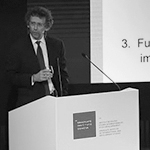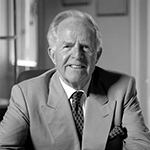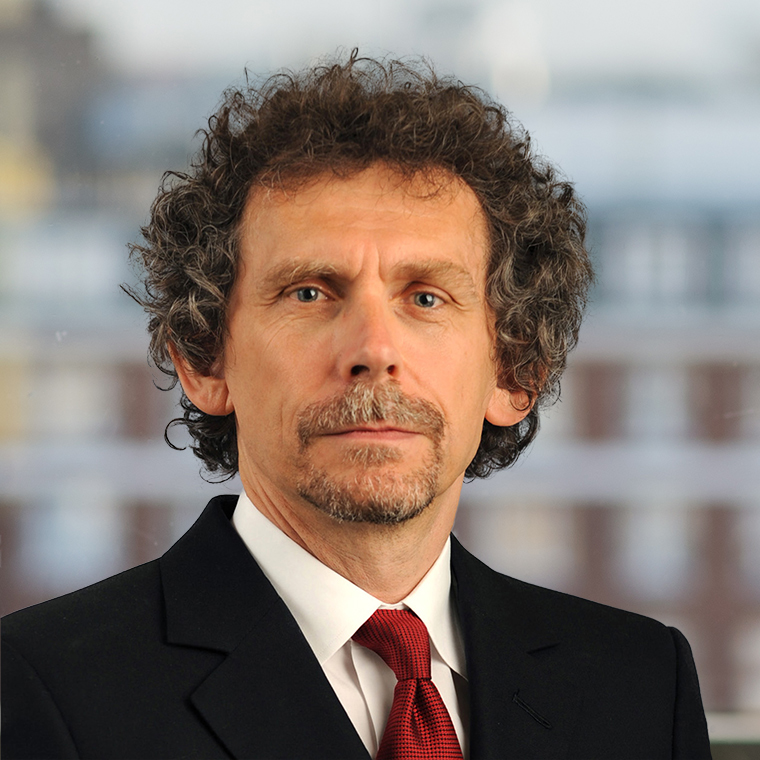Gary Born, Chair of the International Arbitration Practice at Wilmer Cutler Pickering Hale and Dorr LLP and the world’s preeminent authority on international commercial arbitration and international litigation, recently delivered the 2014 Lalive lecture.
The annual Lalive lecture series provides a forum for intellectual reflection on developments in the interface between public and private international law. The series is named in honor of the late Jean-Flavien Lalive and Professor Pierre Lalive, two prominent Geneva lawyers, who dedicated their professional and academic careers to the interaction between these two fields.
Speaking to an audience of international law professors, practitioners and students at the Graduate Institute of International and Development Studies in Geneva, Mr. Born reviewed the development of international dispute settlement, focusing on the proliferation of international courts and tribunals over the last 40 years. He queried the common wisdom that the products of this proliferation—what he called second-generation tribunals—suffer from the same defects as first-generation international courts and tribunals. He compared what he labeled first- and second-generation international tribunals, arguing that, in terms of the extent to which they are used, compliance with their decisions and the ease of enforcing their awards, first-generation tribunals compare unfavorably to second-generation tribunals.
Attributing much of the apparent success of second-generation tribunals to their nuanced blend of institutional characteristics, Mr. Born suggested that second-generation tribunals partly depart from the court-like structure of "independent" tribunals and include some attractive aspects of "dependent" tribunals, allowing for some degree of party control in the setting up of the tribunal. He noted that this provides a model design for modern-day international dispute settlement bodies, but also that this new generation of international tribunals is still developing and that they require the attention, direction and parent-like care of the college of international lawyers.
In the interactive session that followed the lecture, Mr. Born answered questions about the consequences of this emergence of a new generation of international tribunals. He also gave his thoughts on the likely form that any third-generation international tribunals might take, suggesting that they would take their lead from second-generation ones. He noted that he has seen little evidence that international law could not be held together through a diverse group of bodies interpreting and applying it, and that the, often multiple, roles played by prominent members of the international legal community—who tend to sit on several different tribunals at once—is a factor helping to ensure its coherence.
More information on Gary Born’s participation in the lecture is available on Global Arbitration Review's website.


(From left: Gary Born delivers 2014 Lalive lecture in Geneva; and Professor Pierre Lalive.)
